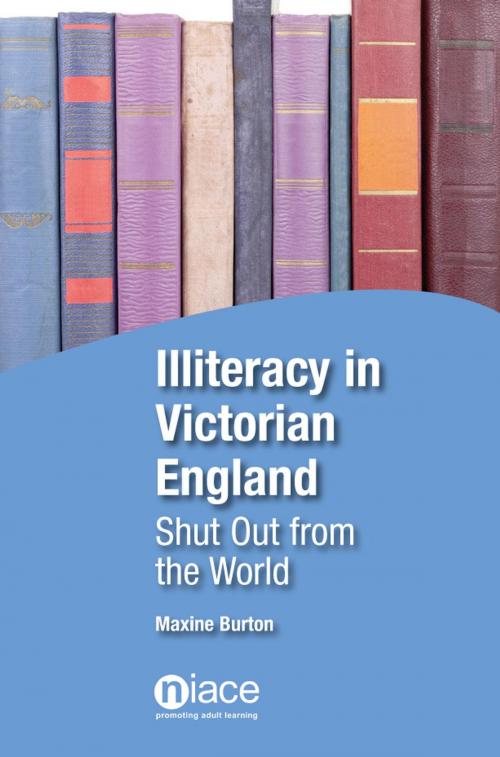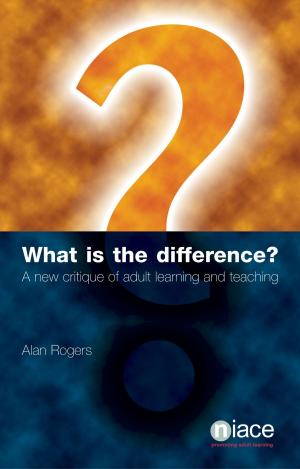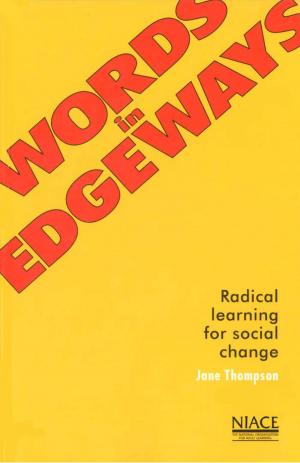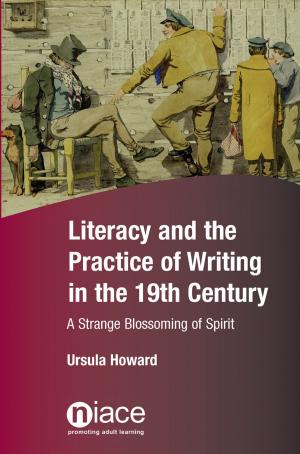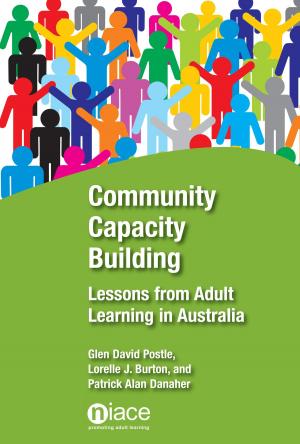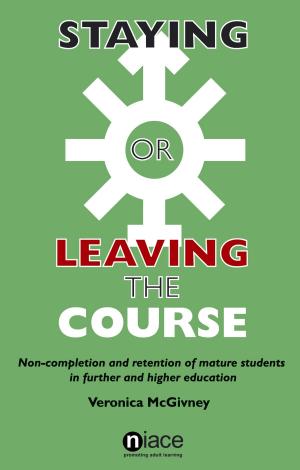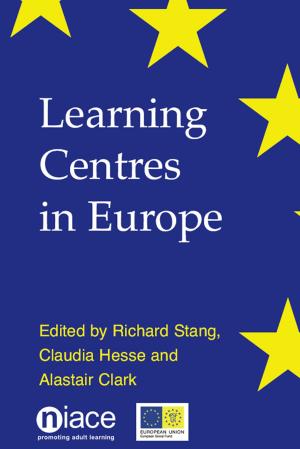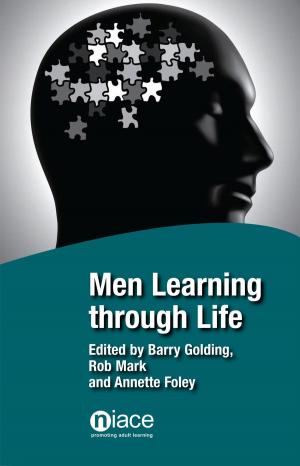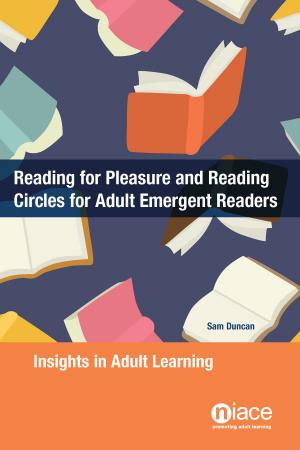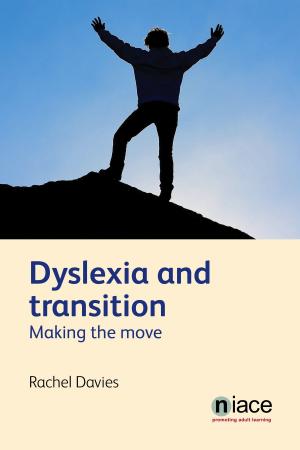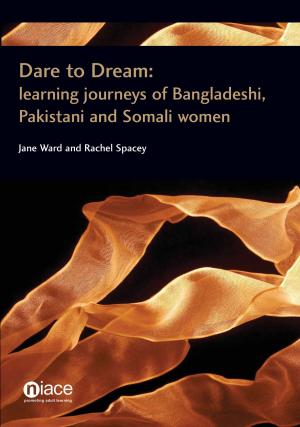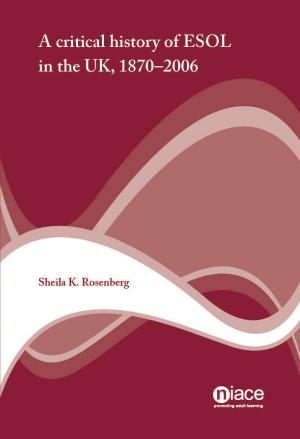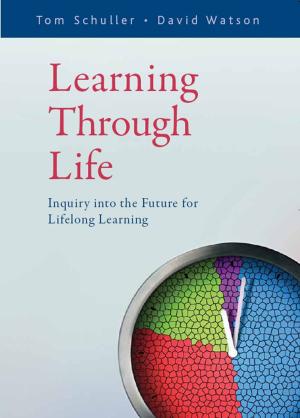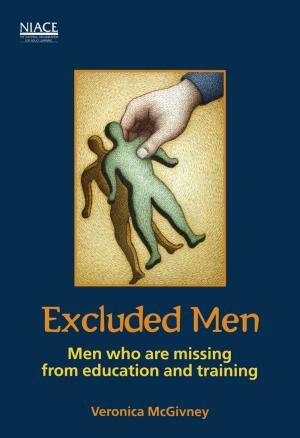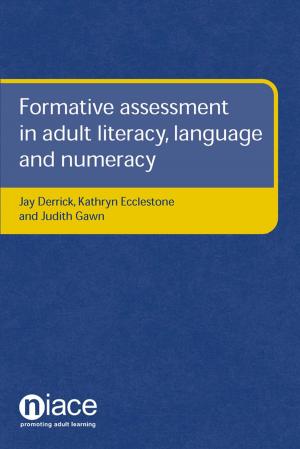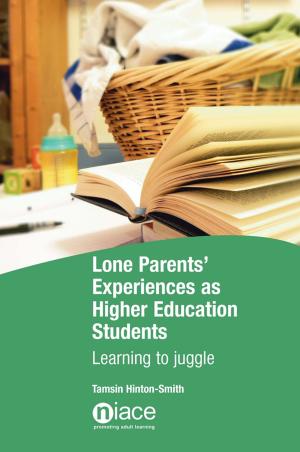Illiteracy in Victorian England: Shut Out from the World
Nonfiction, Reference & Language, Education & Teaching, Educational Theory, Philosophy & Social Aspects, History| Author: | Maxine Burton | ISBN: | 9781862016422 |
| Publisher: | National Institute of Adult Continuing Education (NIACE) | Publication: | June 30, 2014 |
| Imprint: | National Institute of Adult Continuing Education | Language: | English |
| Author: | Maxine Burton |
| ISBN: | 9781862016422 |
| Publisher: | National Institute of Adult Continuing Education (NIACE) |
| Publication: | June 30, 2014 |
| Imprint: | National Institute of Adult Continuing Education |
| Language: | English |
Literacy is no longer regarded just as an autonomous commodity or ‘skill’, isolated from its contexts; context is all-important, and much of the basis of contemporary literacy lies in its historical context. Historical research methods in education are a vital tool for understanding contemporary concerns and for challenging our pre-existing assumptions and attitudes. The stigma associated with adult illiteracy is undoubtedly a barrier to effective teaching and learning; there is still a worrying juxtaposition of illiteracy with criminality, unemployment and other ‘social’ issues, with the most damaging of all being the association of illiteracy with low intelligence. Based on original and innovative research, drawing on a variety of different disciplines and documentary sources from Victorian fiction, yielding elusive and subtle insights that are sometimes by-passed by more traditional documentary sources, this unique text explores the origins of these present-day negative attitudes to illiteracy. How was illiteracy regarded in the past? Is there any evidence of stigmatisation? How can this increase our understanding of, and suggest solutions to, present-day problems?
Literacy is no longer regarded just as an autonomous commodity or ‘skill’, isolated from its contexts; context is all-important, and much of the basis of contemporary literacy lies in its historical context. Historical research methods in education are a vital tool for understanding contemporary concerns and for challenging our pre-existing assumptions and attitudes. The stigma associated with adult illiteracy is undoubtedly a barrier to effective teaching and learning; there is still a worrying juxtaposition of illiteracy with criminality, unemployment and other ‘social’ issues, with the most damaging of all being the association of illiteracy with low intelligence. Based on original and innovative research, drawing on a variety of different disciplines and documentary sources from Victorian fiction, yielding elusive and subtle insights that are sometimes by-passed by more traditional documentary sources, this unique text explores the origins of these present-day negative attitudes to illiteracy. How was illiteracy regarded in the past? Is there any evidence of stigmatisation? How can this increase our understanding of, and suggest solutions to, present-day problems?
